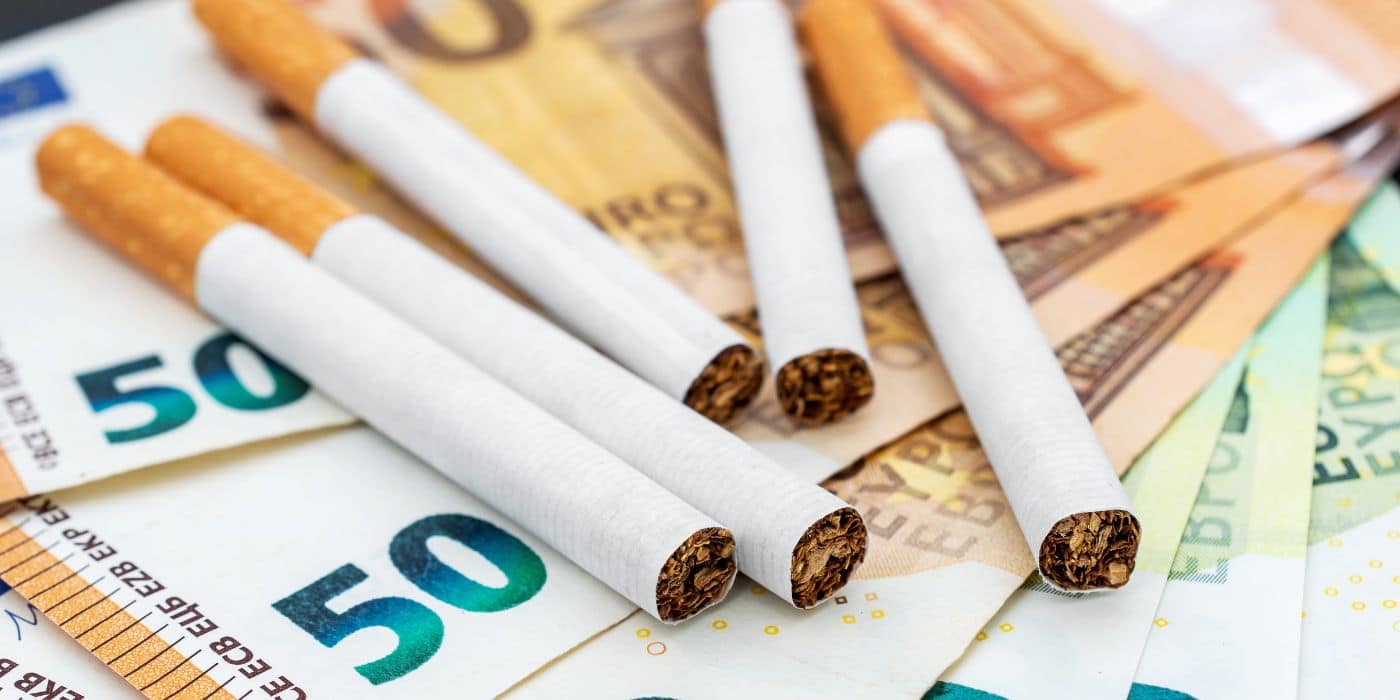A packet of cigarettes for 23 euros?

Tobacco consumption and its consequences have been a burning issue for decades. The effects of smoking on public health are well known and regularly highlighted by experts. In a recent statement by the World Health Organisation (WHO), a drastic measure has been proposed to curb consumption and get the societal costs under control.
Uncovered costs of smoking
In his recent statement, Dr. Rüdiger Krech, Director of Health Promotion at the WHO, underlined the considerable financial burden caused by smoking in Germany. With annual costs of 97 billion Euros due to health problems, loss of working hours and other consequential costs of smoking, Germany faces a comparatively modest revenue from tobacco tax of 15 billion Euros.
Price proposal of the WHO
In view of this discrepancy, Dr Krech argues that the price of a packet of cigarettes, which is currently around eight euros, should rise to about 23 euros. This proposal is based on the difference between the actual costs of tobacco consumption and the revenue from tobacco taxes.
Germany’s position on smoking
While Germany has plans to gradually increase tobacco taxes until 2026, there are significant differences in the smoking policies of the individual federal states. Some states allow smoking in many areas, while others enforce stricter smoking bans. This inconsistent approach is described by Dr Krech as a “patchwork quilt”.
WHO demands for a consistent anti-smoking policy
In addition to a price increase, WHO calls for a comprehensive ban on smoking in key public places, the introduction of a general ban on advertising, the removal of brand names and logos from cigarette packs and the sale of tobacco products only in specialised shops.
International comparison
Germany’s position in international comparison is not very flattering. In the “Tabacco Control Scale” ranking, which measures the implementation of legal tobacco control measures, Germany ranks 34th out of 37 possible places. In comparison, countries like Ireland, France and New Zealand have introduced much stricter regulations and higher prices for tobacco products.
It is evident that the societal costs of smoking far exceed the revenue generated by tobacco taxes. Dr Krech’s proposal is a wake-up call to take tobacco use and its negative impact on public health and the economy seriously. It remains to be seen how German politicians will react to these demands and whether a more consistent tobacco policy will be introduced in Germany.





